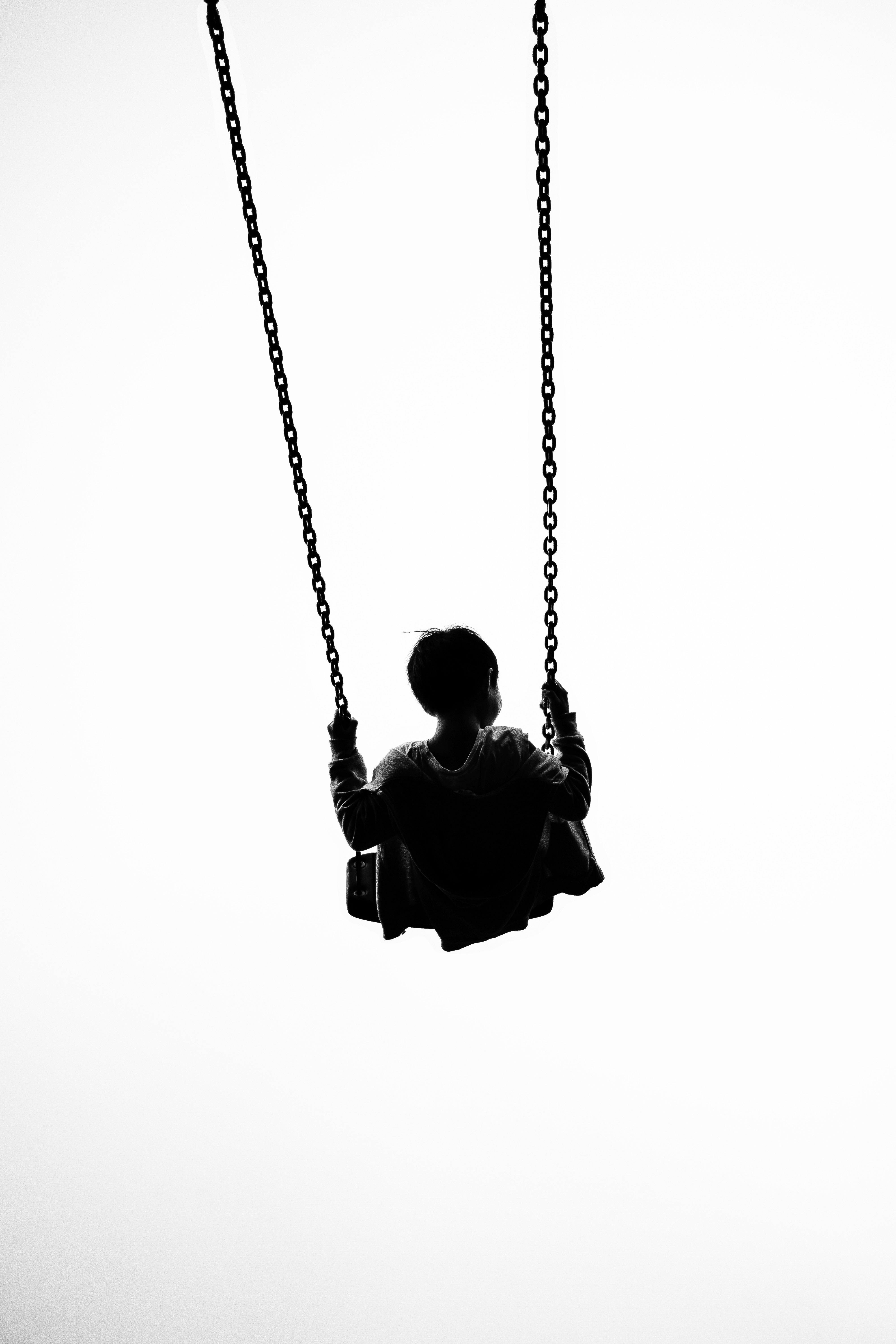Talking to Your Children…After Your Deployment
Author: Dr. Pam Murphy is a child psychologist at the National Center for Telehealth & Technology.
Before the deployment you talked with your kids about what they thought or were worried about regarding the upcoming deployment. During the deployment you had a plan and made a real effort to stay in touch with your family. Now you’re home and you can relax – right? Actually, kids often say the time after their parent returns home is the toughest part of a deployment for them. It’s because of all the changes.
Think about the concept of change from a child’s point of view. They had things figured out during your absence. They had to. You wanted them to adjust to your absence because you wanted them to continue to grow and thrive while you were gone. Absolutely, your kids are relieved and happy to have you home, but…now they have to adjust again.
Kids are amazingly resilient and your family will eventually get used to being together again. Here are a few things you can do to help speed the process along:
- Recognize it’s going to feel weird and uncomfortable for a while after you return home. This is normal! You’ll be on the outside looking in at this remarkable family of yours that had to figure out how to manage without you. Take it easy and enjoy the view for a bit.
- Invite your kids to talk with you about how things went for them during the deployment. Be open to their feelings and perceptions. Take off your military hat, even take off your parent hat, and just listen to them as a caring adult.
- With older kids and teens especially, have a conversation about the responsibilities and privileges they had while you were gone. Many kids will be reluctant to give up these more “adult” roles. Thank them for their effort and sacrifice. Help them find a balance between maintaining some of those responsibilities and just “being a kid” with your return home.
- As you start making changes at home, seek your children’s feedback. You’re the parent and in charge, but home communication is different than military communication. Giving orders and expecting immediate compliance is necessary in the field, but discussion and compromise tend to work better at home.
- One of the best ways to help your children get used to you again is to integrate yourself into their daily life. Change their diapers. Fix a meal. Take them to practice. Read a bedtime story. Pick them up from school. Go meet their teachers. Look at your children’s daily routines and find places you can ease in and begin the process of reconnecting.
For more ideas on helping children cope with deployment, check out the resources for parents and caregivers at MilitaryKidsConnect.org.

